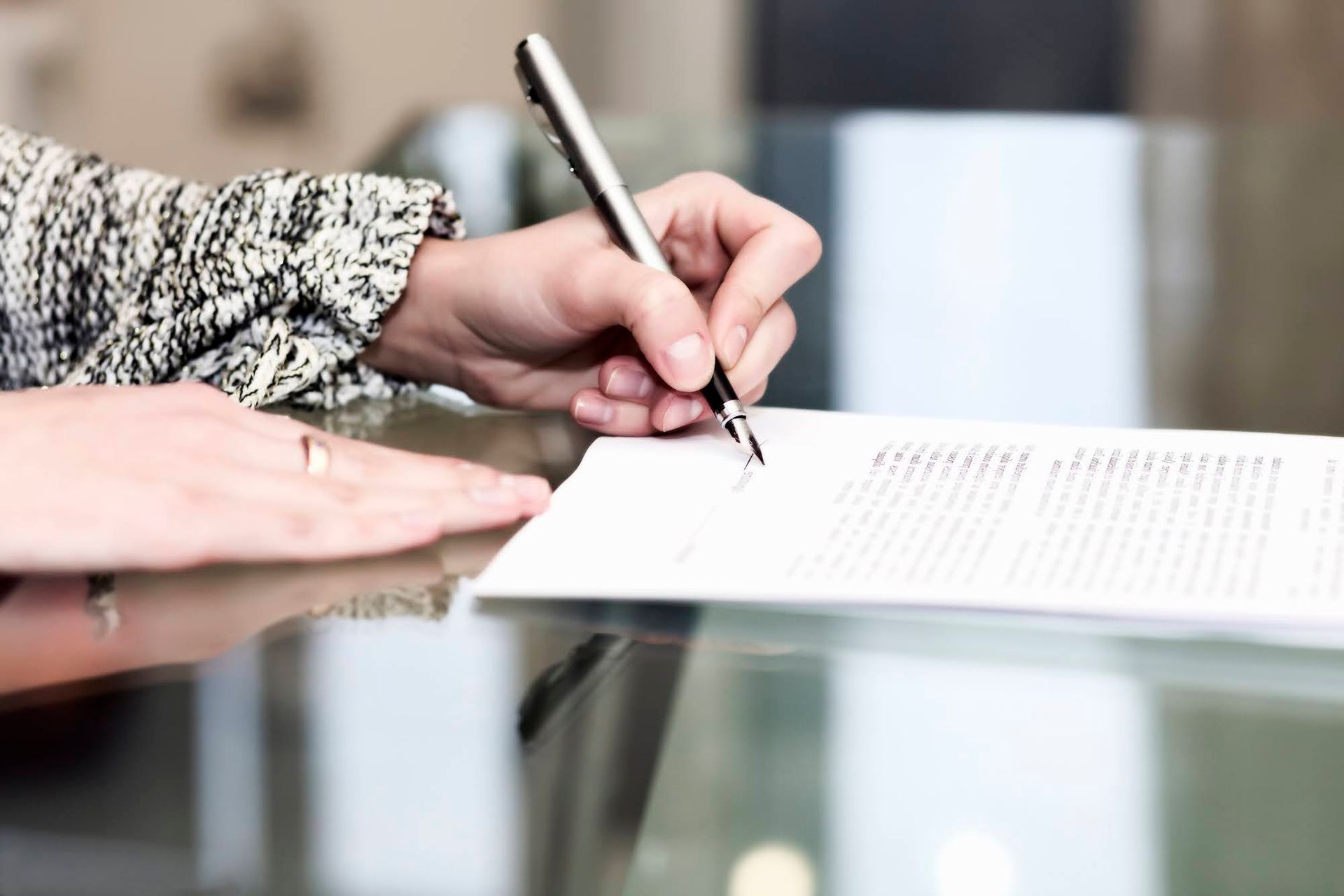Personal Injury Depositions: 5 Tips for Success

A personal injury case will go through many different elements before it even reaches the courts. Ideally, you would want a settlement out of court, but the process requires a lot of different steps along the way. For both sides of the case to build their cases, many people will go through a deposition process.
A deposition includes interviews and statements about the personal injury that occurred. As a victim, you can use the deposition to help build your case, state your experience, and get through the trial. With a stenographer typing up a transcript and lawyers on both sides, you may feel overwhelmed when heading into a deposition.
To help you get through the process, follow these five tips and prepare beforehand.
1. Dress the Part
A deposition will typically take place in a meeting room and is not considered an official court, but you should still dress formally. The lawyers and stenographer will often dress formally for the deposition, so you do not want to feel out of place—which you may if you show up casually. The formal wear will help you feel confident and allow you to adapt to the professional setting.
You may have multiple times where you meet with lawyers or eventually go to court. When you invest in one formal outfit, you can reuse the outfit for future meetings and have a go-to option that fits your needs.
2. Pause and Wait
The transcript that comes out of a deposition should appear clear and concise. The best way to help with the transcript is to ensure you let others finish their thoughts before you answer a question. Even if you know where a question is going, you want to let others finish so nothing has to repeated or stated again.
As you go through the flow of questions, remember to pause and wait. You could even count in your head for a couple seconds after a question or statement to give ample time for an answer. The stenographer will not need to pause the deposition and the whole process will go smoothly.
3. Don't Fill In the Blanks
As you go through the personal injury incident, a lawyer may ask you detailed questions. You are only required to answer with the information you know. Do not assume an answer or make up assumptions based on what happened. For example, in a personal injury case, you will not want to add in details about cars or reactions if you cannot remember.
Simply stating "I do not remember" is enough of answer. If pressed on certain questions, your personal injury attorney can step in and help move on from certain lines of questions. Do not feel obligated to make assumptions on little details you may not know.
4. Know Their Role
A defense attorney is there to find out details of the case and try to make sure their client is not held liable for your injuries. Through this process, they will try to ask you a series of questions that may question your legitimacy as a victim.
For example, in a car accident case, a lawyer may ask you if you were on your phone, using a personal mirror, or selecting options on a radio. In the moment, you may feel angry or offended at the accusations. You cannot take these questions personally. Your only job is to state what happened to best of your memory.
These lawyers have experience and training to try and upset witnesses. They want to set any little seed of doubt. This is the role of the defense lawyer. If you let your emotions get the best of you, then you may not have the ideal deposition that you seek. There is no time limit on the deposition or the need to answer questions.
If you find yourself getting upset, take a deep breath and remember that your lawyer is there to help.
5. Take Breaks When Needed
Not only can you take breaths during a question, but you have the option to request breaks as often as you need. You may have multiple reasons to take a break as well. For example, you can take a bathroom break if you want. Discussing your injuries and reliving the trauma of the incident may lead you to cry or feel anxious. You can take a break to maintain your composure.
You also have the option to take a break if you want to discuss anything with your own lawyer. You and your lawyer will get granted a private area to discuss any questions or concerns you have. During this time, you also have the opportunity to receive more tips from your lawyer and learn different ways to help answer specific deposition questions.
If you've been injured and seek help, contact our experienced team at Jeeves Law Group, P.A. Not only can we help with the deposition, but we can help with every aspect of your case and help you seek an injury settlement you deserve.


